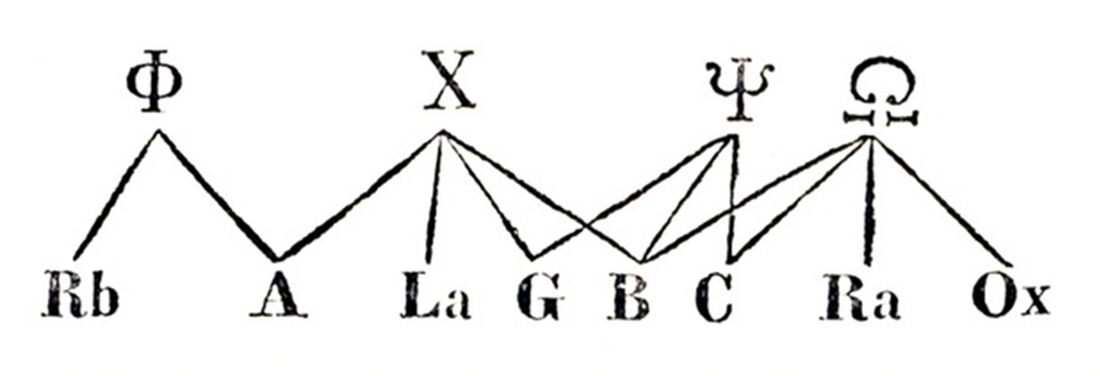Geschwisterlichkeit. Ästhetische Gegenentwürfe zum Bruderbund und zur patrilinearen Genealogie der Gemeinschaft
A workshop of the ZfL in collaboration with the Chair of Cultural Theory and Cultural History and Theory of Aesthetics (Därmann) at the Department of Cultural History and Theory at Humboldt-Universität zu Berlin.
Concept: Iris Därmann (Humboldt-Universität zu Berlin), Maud Meyzaud (ZfL), Gudrun Rath (Kunstuniversität Linz), Felix Trautmann (Institut für Sozialforschung, Frankfurt am Main)
The workshop’s starting point are aesthetic forms of articulation and imaginary constellations of siblinghood that have developed from and in opposition to the phrase of fraternity in Early Socialist movements, a formula shaped by Christian belief and adapted by the French Revolution. What happens to the sister within the social band of brothers? Can the new political beginning also entail a revolution of the notion of motherhood? Does siblinghood have to be thought from the family’s perspective? Does a nonfamilial siblinghood require its own aesthetics? Which alternative semantics and non-genealogical figurations of political community may be conceived starting from children or animals
The workshop will explore these questions. It thereby focusses on feminist counter-concepts to the (holy) community of brothers, from Early Socialism to the Paris Commune. Furthermore, the workshop will develop cross-connections to other historical-geographical settings and epistemic fields: the egalitarian community in the marronage and in the Quilombos of formerly enslaved people, the women of the Haitian revolution, siblinghood as an epistemological category of the 19th century, children and animals in psychoanalysis, as well as the community of human and non-human beings in 20th century Brazilian ethnology, among other fields.
Fig. above: from: Friedrich Ritschl: Thomae Magistri sive Theoduli Monachi ecloga Vocum Atticarum. Halle: Libraria Orphanotrophei, 1832, source: Duke University Library.
Program
Thursday, 28 Oct 2021
9.15
- Welcome and introduction
10.00–12.00
- Caroline Arni (Basel): Mütterliche Filiation und Geschwisterschaft bei den Saint-Simonistinnen
- Gudrun Rath (Linz): Brüderlichkeit zwischen allen (tous et toutes)
12.15–13.15
- Stefani Engelstein (Durham, NC/ZfL): Geschwisterlichkeit und Epistemologie im 19. Jahrhundert
15.00–17.00
- Patrick Eiden-Offe (ZfL): Das Problem der Arbeiterin (nach Joan W. Scott)
- Felix Trautmann (Frankfurt a.M.): Von der Commune zum Communalismus. Elisée Reclus’ Kritik der Brüderlichkeit, der Ehe und der anarchistischen Enklaven
17.30–18.30
- Maud Meyzaud (ZfL): Vaterschaft(en) in der sozialen Revolution (Démar, Weitling)
Friday, 29 Oct 2021
9.00–11.00
- Jeanette Ehrmann (Berlin): Ezili Danto. Die verdrängte Weiblichkeit der Haitianischen Revolution
- Oliver Precht (ZfL): Egalitäre Gesellschaften im Urwald? Marronage als Widerstand, Revolution und Imagination
11.30–12.30
- Stephan Zandt (Berlin): Konsanguine oder affinale “Brüder”? Perspektivismus und Verwandtschaft in der amerindianischen Anthropologie Brasiliens
14.30–16.30
- Lena Kugler (Potsdam/Konstanz): Der Schwesterwolf. Psychoanalytische Chimären einer monströsen Trauer
- Iris Därmann (Berlin): “Ein Kind wird geschlagen”
